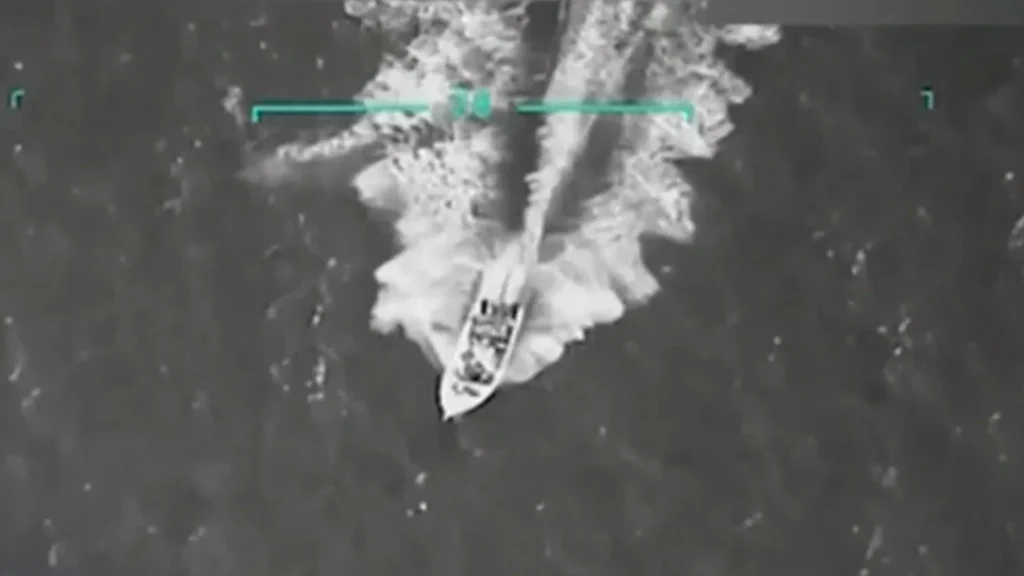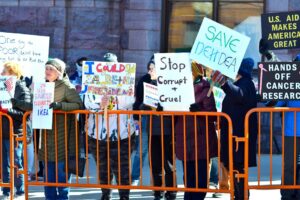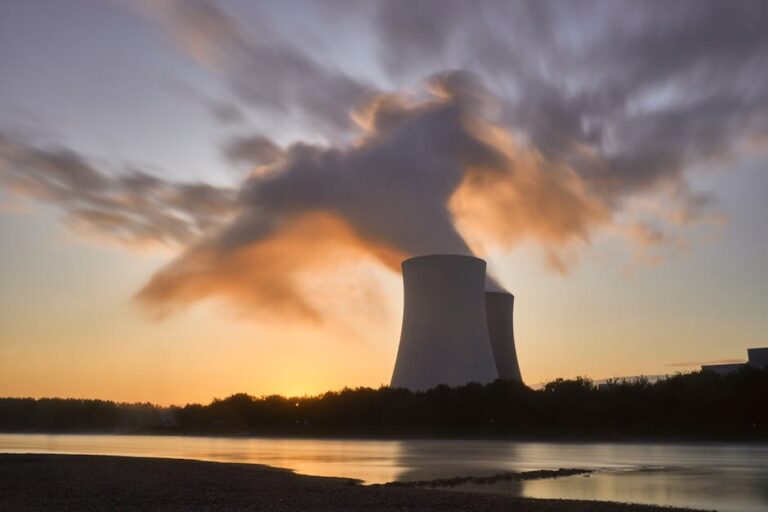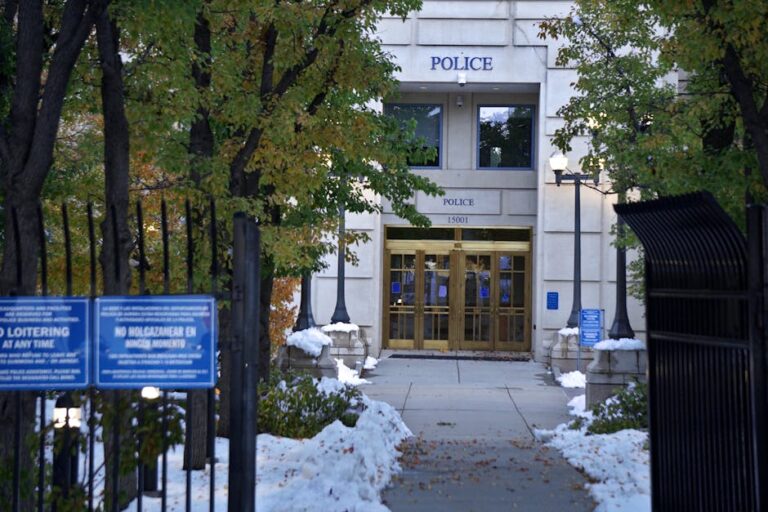
In a high-stakes move that could redefine U.S. foreign policy in the Western Hemisphere, President Donald Trump announced on September 2, 2025, that American military forces conducted a lethal strike on a suspected Venezuelan drug boat operating in the southern Caribbean Sea. The strike reportedly killed 11 alleged members of the Tren de Aragua, a powerful Venezuelan gang labeled by U.S. officials as a narco-terrorist organization.
The operation, which appears to be part of a broader military buildup in the region, has raised serious international and ethical questions—particularly surrounding the legality of such military action and the mounting tension between Washington and Caracas.
A Message of Military Might
The first announcement came directly from President Trump in a surprise statement from the White House. “Over the last few minutes, we literally shot out a boat—a drug-carrying boat. A lot of drugs in that boat. Eleven terrorists were killed,” Trump said, claiming that the strike successfully disrupted a major narcotics shipment destined for U.S. soil.
Accompanying the statement was dramatic footage shared via the president’s Truth Social account, allegedly showing a speedboat being obliterated in an airstrike. Flames engulfed the vessel in the video, although some critics have since raised questions about the authenticity of the footage. Venezuela’s own officials, including Communications Minister Freddy Ñáñez, have even gone so far as to claim the footage may be artificially generated.
The attack reportedly took place in international waters but very close to Venezuelan maritime boundaries. No U.S. personnel were harmed in the operation, and the U.S. Department of Defense has so far declined to comment on operational specifics, including which units carried out the mission or whether the strike was part of a larger campaign.
This operation follows a significant military deployment to the Caribbean, with the Pentagon stationing seven naval warships, including the USS Iwo Jima, along with nearly 5,000 military personnel and P-8 surveillance aircraft in the region. According to officials, these assets were deployed to reinforce maritime security and counter the growing threat of transnational crime.
Tren de Aragua: A Growing Threat—or a Political Target?
At the heart of the strike is the alleged target: Tren de Aragua, a notorious Venezuelan gang originally formed in the country’s prison system. Over the past decade, the group has evolved into a transnational criminal enterprise, involved in drug trafficking, extortion, human trafficking, and violent crimes throughout Latin America. The Trump administration recently escalated its stance by officially labeling Tren de Aragua a foreign terrorist organization—a move that allows the use of military force under the 2001 Authorization for Use of Military Force (AUMF).
President Trump further stated that the gang operates “with the full backing and blessing” of Venezuelan President Nicolás Maduro, whom he accused of overseeing a regime built on corruption, narcotics, and terrorism. “This is not just about drugs—this is about an enemy of the Western Hemisphere operating from within a failed state,” Trump declared during a press briefing.
However, this assertion has been met with skepticism. According to recently declassified U.S. intelligence documents, there is no confirmed direct link between Maduro and Tren de Aragua. Critics argue that the administration is conflating a criminal organization with geopolitical adversaries for political gain. Human rights advocates and legal experts have also raised serious concerns about the lack of transparency surrounding the strike and the precedent it could set for future military actions.
“Being suspected of carrying drugs does not warrant a death sentence,” said Adam Isacson, Director of Defense Oversight at the Washington Office on Latin America. “This was an execution, not a law enforcement operation.”
Meanwhile, Venezuela has condemned the attack, with its government calling it an act of war and warning that any further aggression would be met with “armed resistance.” Though no official military retaliation has occurred, President Maduro has used national media to galvanize support, accusing the U.S. of violating Venezuelan sovereignty and attempting to destabilize the region.
Final Thoughts
This strike marks a new chapter in U.S. anti-narcotics operations—one that crosses the line from interdiction into targeted military engagement. By choosing to kill rather than capture, and by doing so without a clear international mandate, the Trump administration is treading on volatile legal and diplomatic ground.
Two things are clear: the U.S. is willing to escalate its fight against transnational crime with military firepower, and the Tren de Aragua has now become the face of that war. Whether this approach will dismantle drug networks or spark international backlash remains to be seen.






